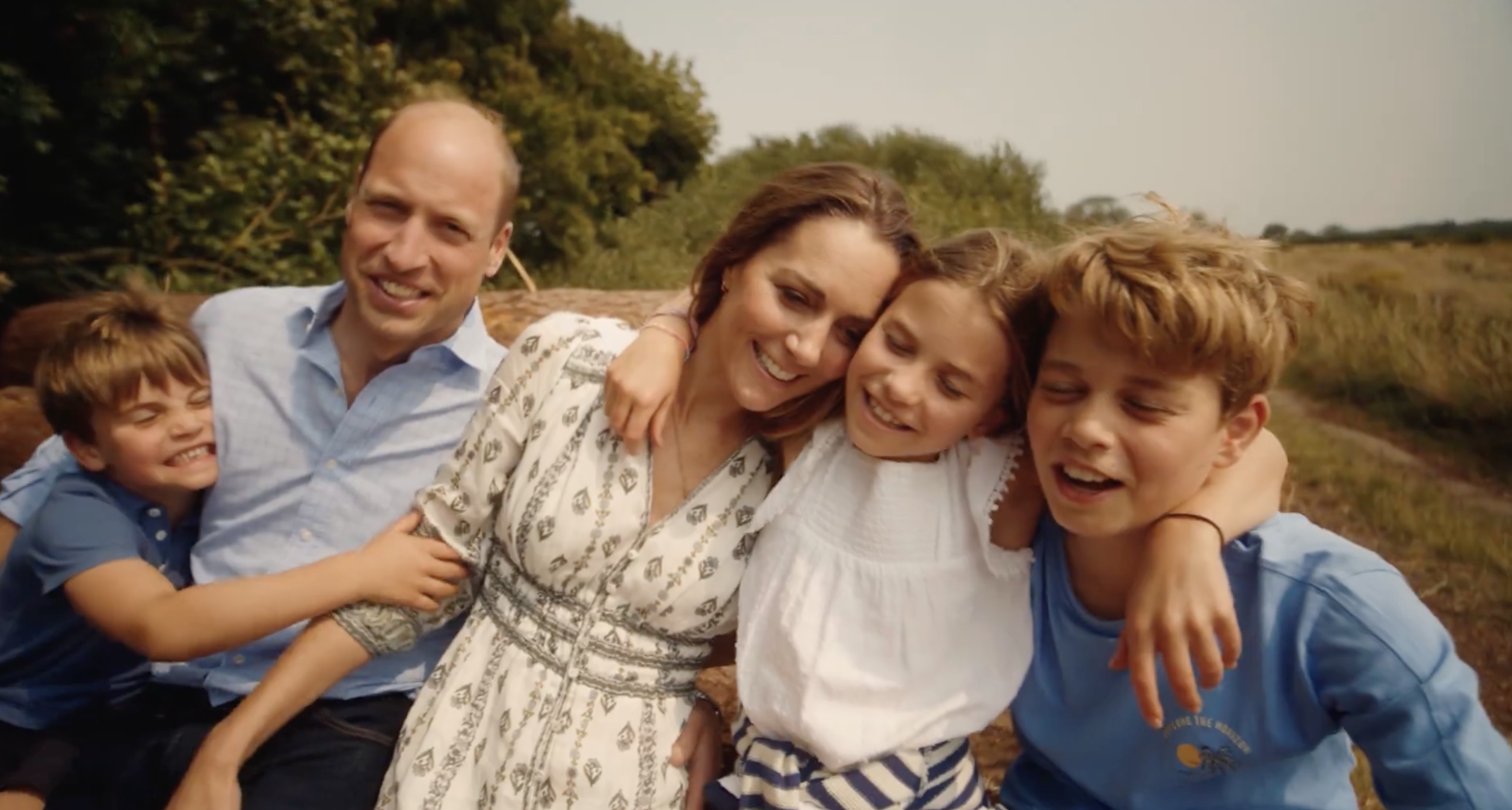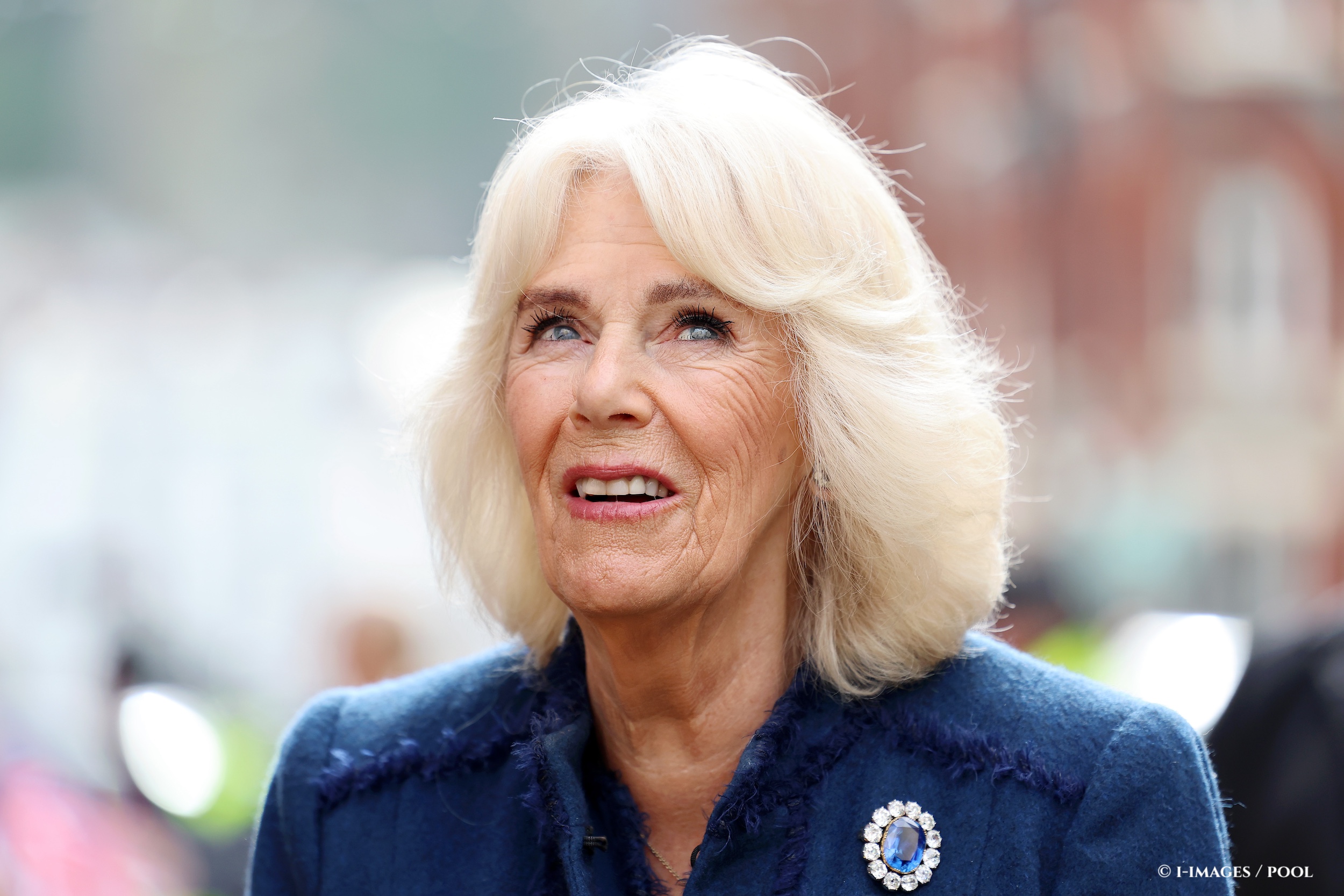In an address to his people earlier today, ageing Japanese Emperor Akihito has hinted at his wish to abdicate because he fears ‘it may become difficult’ to carry out his duties.
Akihito, now 82, is currently being treated for prostate cancer, and recently underwent heart surgery. “I am worried that it may become difficult for me to carry out my duties as the symbol of the state with my whole being as I have done until now,” the Emperor said in a TV address.
“As I am now more than 80 years old and there are times when I feel various constraints such as in my physical fitness, in the last few years I have started to reflect on my years as the Emperor, and contemplate on my role and my duties as the Emperor in the days to come,” Akihito continued.
He has sat on the Chrysanthemum throne since 1989, and his son, Naruhito, would take over the role as Head of State, being the heir apparent to the throne. Prince Hiro, as the Crown Prince is also known, is just 56-years-old. He does not, however, have a son, and females are not allowed to inherit the throne in Japan; it would then pass to his younger brother, Prince Akishino, then to his son, 9-year-old Hisahito.
“As we are in the midst of a rapidly ageing society, I would like to talk to you today about what would be a desirable role of the Emperor in a time when the Emperor, too, becomes advanced in age.”
It was clear in the speech that he was hinting at stepping down, something which has never happened in Japan before. There is also no current legal steps for this to take place.
The Emperor commented on his ‘decline in fitness’ due to his ‘advancing age’, and that he had ‘started to think about the pending future’, including ‘how I should conduct myself should it become difficult for me to carry out my heavy duties’ and ‘what would be best for the country, for the people, and also for the Imperial Family’.
“I am already 80 years old, and fortunately I am now in good health. However, when I consider that my fitness level is gradually declining, I am worried that it may become difficult for me to carry out my duties as the symbol of the State with my whole being as I have done until now,” Akihito said.
This is only the second public address made by Emperor Akihito, the first being after the devastating tsunami that hit Japan in 2011.
“In coping with the ageing of the Emperor, I think it is not possible to continue reducing perpetually the Emperor’s acts in matters of state and his duties as the symbol of the State. A Regency may be established to act in the place of the Emperor when the Emperor cannot fulfil his duties for reasons such as he is not yet of age or he is seriously ill. Even in such cases, however, it does not change the fact that the Emperor continues to be the Emperor till the end of his life, even though he is unable to fully carry out his duties as the Emperor.”
Akihito also shared his concern at the long periods of mourning held when the Head of State dies, which continues for a year. This coincides with the accession of the new Emperor and the celebrations that go with it. He said he is ‘concerned that, as we have seen in the past, society comes to a standstill and people’s lives are impacted in various ways’ by the two-month mourning period, and year-long funeral events.
Ending his speech, Akihito asked for the people’s understanding: “It is my hope that by thoroughly reflecting on our country’s long history of emperors, the Imperial Family can continue to be with the people at all times and can work together with the people to build the future of our country, and that the duties of the Emperor as the symbol of the State can continue steadily without a break. With this earnest wish, I have decided to make my thoughts known.
“I sincerely hope for your understanding.”
Prime Minister Shinzo Abe told reporters that, in view of the Emperor’s age and the burden of his duties, it was necessary to consider what steps could be taken. This could potentially lead to republic in Japan, though the figure of an Emperor was once considered divine, and is still revered by the people.
Should the plan come to fruition, Akihito would be the fourth crowned Head of State to step down in three years, following King Juan Carlos of Spain, King Albert of Belgium and Queen Beatrix of the Netherlands, all in favour of their children, who were generally more popular than their parents.
This should not, however, spark debate on Queen Elizabeth II’s role in the UK. She is in remarkably good health for her 90 years, and she continues to undertake an almost-full workload. It is never expected for Her Majesty to take the same course of action.
See an extract from the full speech, with subtitles, below:



